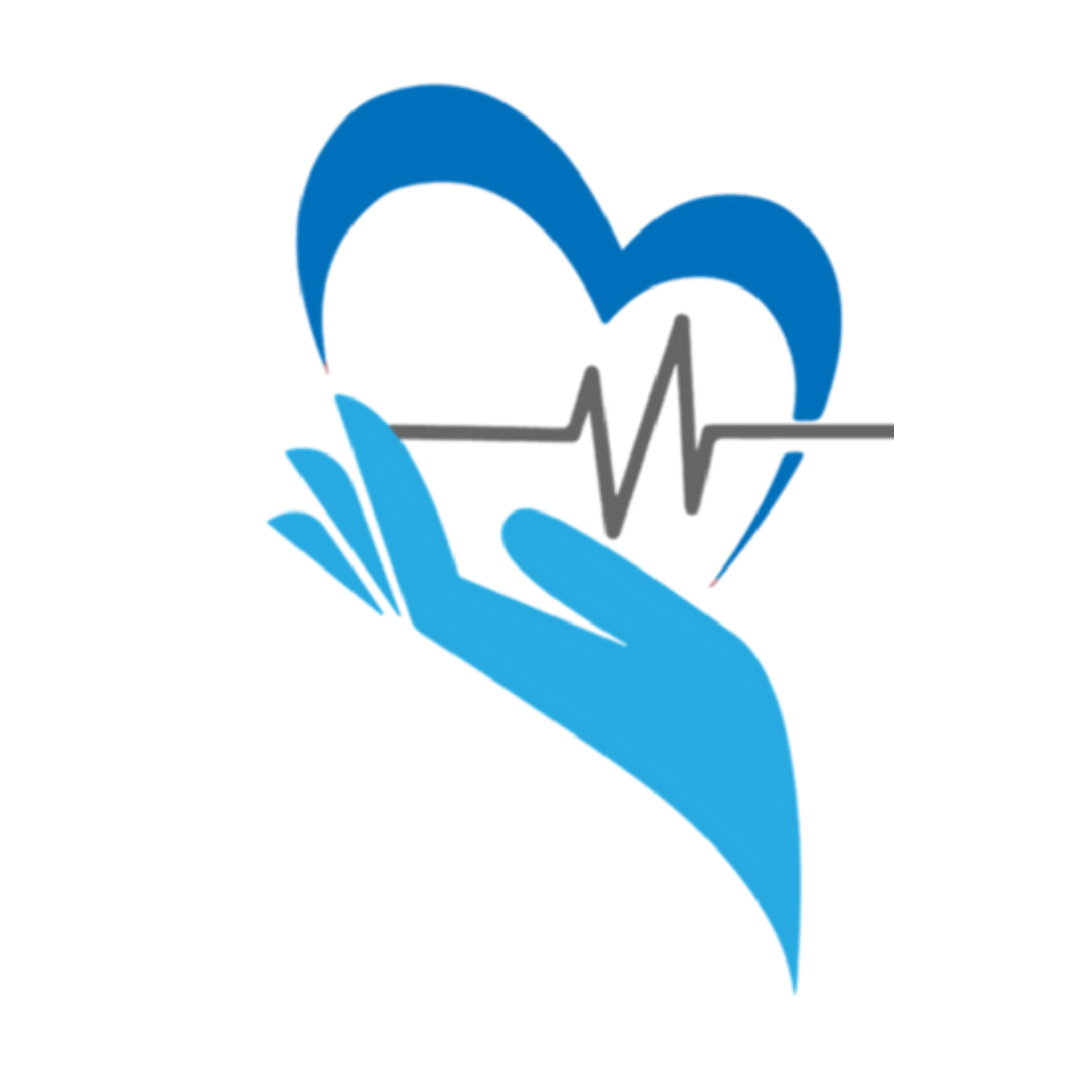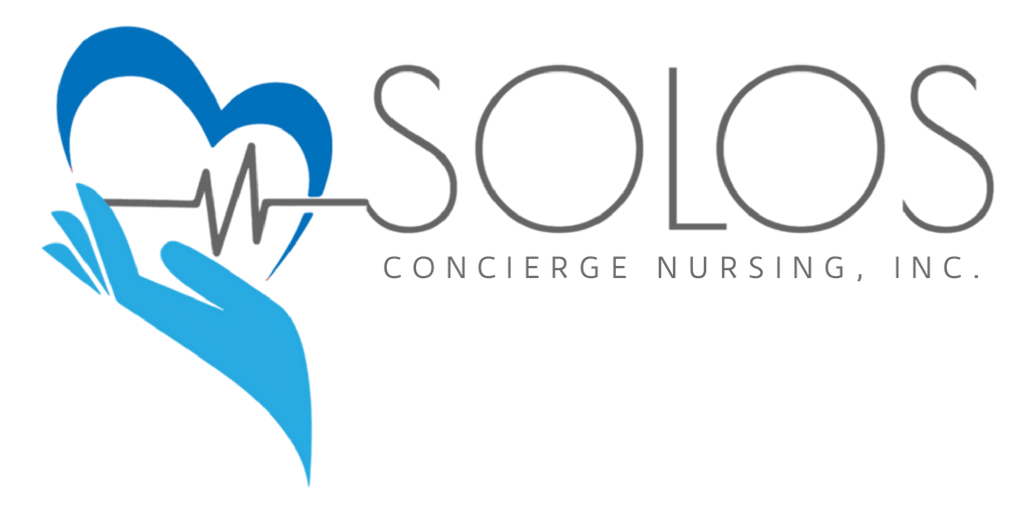By: Susan Lee, BSN, RN1. Fluids
Stay hydrated, stay hydrated, stay hydrated! Post surgery, especially if you’ve been under general anesthesia, typically requires you to have nothing by mouth the night before the procedure. Keeping track of how much fluids you are taking in once you get home from your procedure will be critical in making sure you are getting all the fluids you need in order to heal at your best. Keep water, ginger ale, and/or tea by the bedside. 2. Pain Medication Pain medications as prescribed by your physician and/or over the counter medications such as Tylenol and Advil can help ease any discomfort post surgery, help with inflammation, and assist with deeper and sounder sleep. Pain medications always come with specific directions, so be sure to follow those guidelines no matter what level of pain there is. 3. Anti-Nausea Medication A common side effect of pain medication and general anesthesia is nausea or upset stomach. In the worst case scenario, it can lead to vomiting. Saltine crackers or oatmeal may help your stomach feel more at ease. Having over the counter anti-nausea medication on hand after your procedure will be a great resource to have in case you need it. It’s better to have it and not need it, than to need it and not have it! 4. Stool Softener Another common side effect of anesthesia, pain medication, and anti-nausea medication - is constipation. And when these medications are taken altogether - it is the perfect storm! Over the counter stool softener will help you stay regular, comfortable, and in balance. 5. Support System A support system after your surgery is essential for a safe, comfortable, and speedy recovery. The last thing you want after having a procedure is to come home wondering what to do next. A friend or family member can help with landing back in your home and bed, following your physician’s orders, picking up any prescription medications, helping you stay hydrated, and aiding your recovery. For those of us with friends or family members who are unavailable for any reason, a registered nurse by your side through this process can make a world of a difference.
0 Comments
|
ArchivesCategories |
© SOLOS - CONCIERGE NURSING, INC., 2020. ALL RIGHTS RESERVED.
SOLOS- CONCIERGE NURSING, INC.


 RSS Feed
RSS Feed
